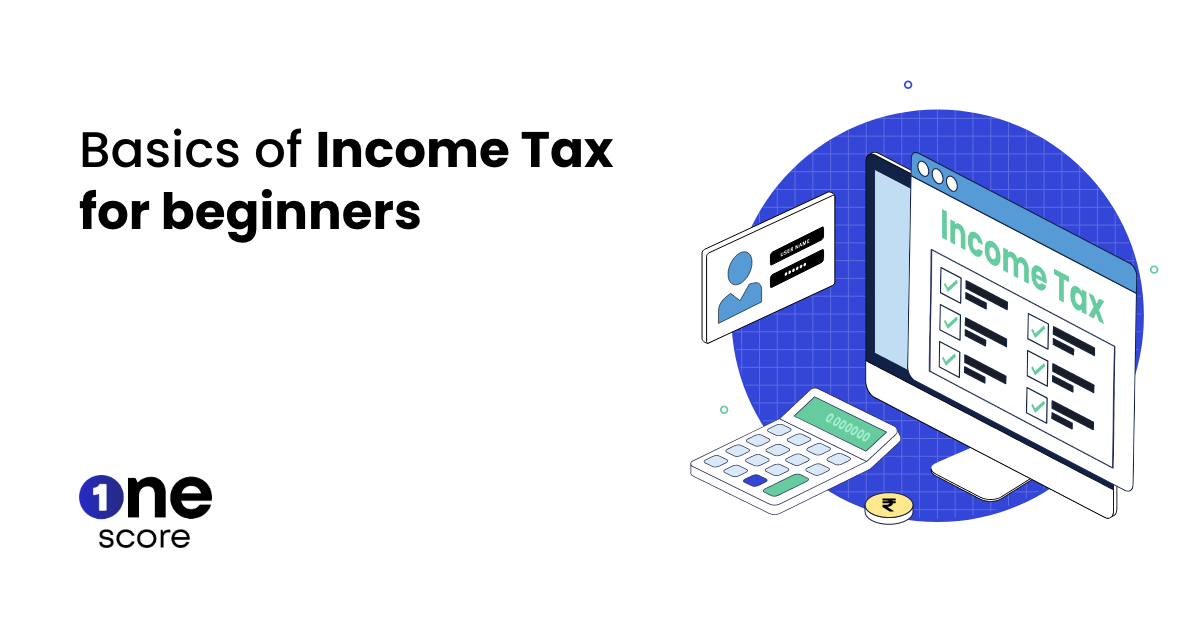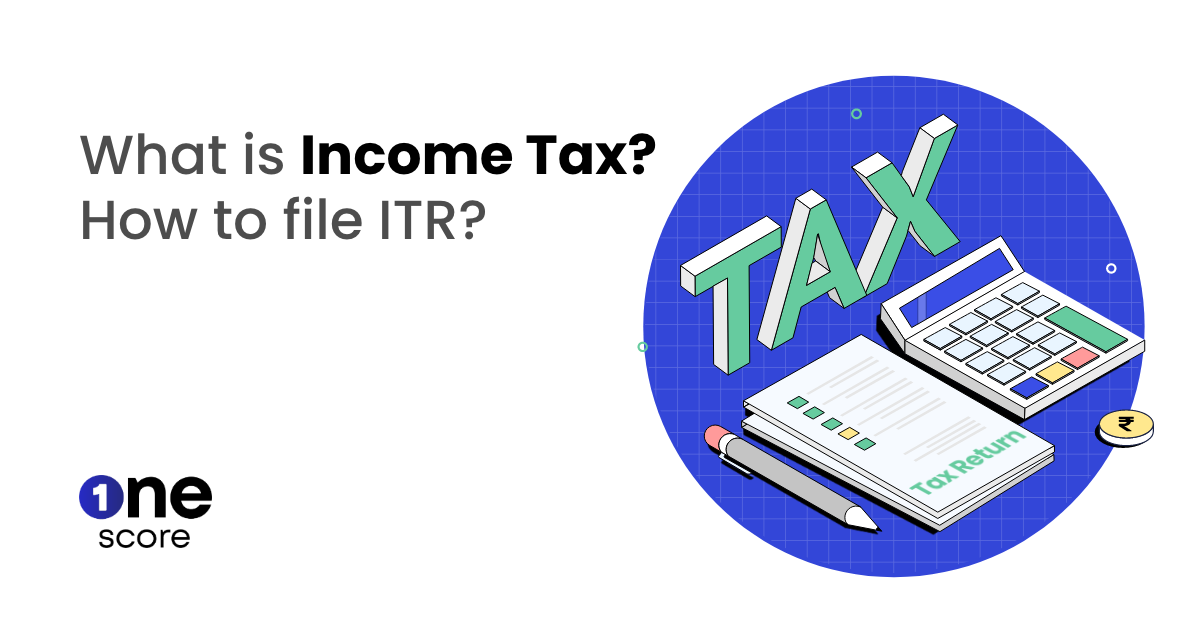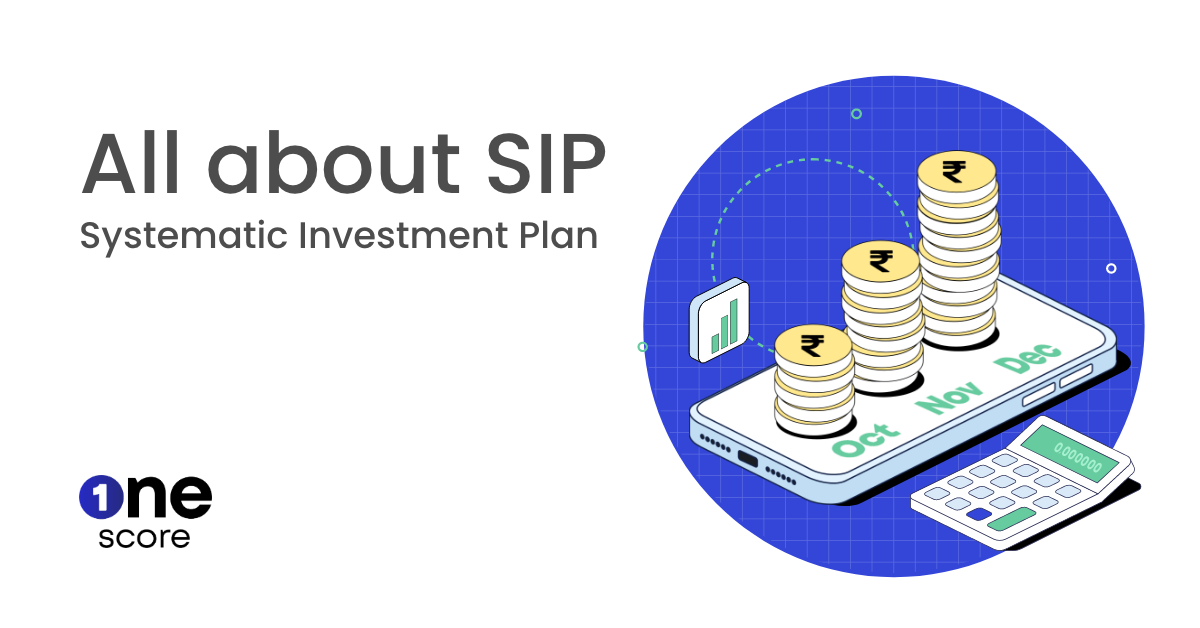Tax Glossary: Tax terminologies you must know of

Taxes can seem like a complicated maze of rules and numbers, leaving many of us scratching our heads in confusion. It’s important to know the basics so you can handle your taxes with confidence. Whether you’re an individual taxpayer or a small business owner, by understanding these basic tax terms, you’ll feel more in control of your finances and make smarter financial choices.
Let’s dive in and make taxes a little less overwhelming! Here are some simple tax terms you should know:
1. Income Tax Return
An income Tax Return (ITR) is a form or document that people and businesses in India fill out to tell the government how much money they made and to pay taxes accordingly. It helps the government figure out how much tax you need to pay based on your earnings and deductions.
2. Gross Total Income
Gross Total Income is the total amount of money you earn before any deductions or exemptions. It includes your salary, business income, rent, and any other taxable income you receive. It’s the total sum of all the money you make before any taxes are deducted.
3. Net Taxable Income
Net taxable income is the amount of money you have left after deducting certain expenses and exemptions, like investments made to save tax, from your total income. It is the income that is actually considered for calculating taxes. In simpler terms, it’s the income on which you have to pay taxes after taking out certain deductions and expenses.
Also read:How to file income tax return?
4. Assessment Year (AY)
Assessment Year (AY) is the year when the government evaluates or checks your income to calculate how much tax you need to pay. It comes after the year in which you earned the income. For example, if you earned income in the year 2022, the Assessment Year would be 2023-2024. It’s the year when the government looks at your income and decides how much tax you owe.
5. Tax Deduction at Source (TDS)
Tax Deduction at Source (TDS) is when the government collects a portion of tax directly from the income you receive. For example, if you earn a salary, your employer deducts a certain amount of tax from your salary and sends it to the government on your behalf. This ensures that tax is paid regularly throughout the year.
6. Form 26AS
Form 26AS is like a statement that shows all the important information related to your taxes, like a summary of your taxes in India. It shows the taxes deducted from your income, the taxes you’ve paid, and other tax details. It helps ensure your tax records are accurate when filing your tax return.
7. Form 16
Form 16 is a certificate issued by an employer to its employees. It provides details of the salary earned by the employee during a financial year (April to March) and the taxes deducted at source (TDS) on their salary. It is essential for filing Income Tax Return (ITR) as it serves as proof of the tax deducted.
8. Surcharge
A tax surcharge is like an extra fee added to the regular tax you have to pay. It is imposed on people with higher incomes or certain types of income, such as capital gains, dividends, interest income, rental income, and other sources of income apart from regular salary income. The surcharge is calculated as a percentage of your tax amount and is meant to increase the overall tax you owe. It helps the government collect more money from those who earn more or have specific types of income.
9. Advance Tax
Advance tax is a system where you estimate and pay your taxes in installments throughout the year rather than waiting until the year’s end. It applies to individuals, professionals, and businesses whose tax liability exceeds a specified amount. By making regular payments, it helps you manage your tax obligations and avoid a large tax burden at the end of the year.
10. Self-Assessment Tax
Self-Assessment Tax is the extra tax you voluntarily pay if you still owe money to the government after considering your regular deductions and advance tax payments. It’s like making sure you’ve paid all your taxes correctly. You calculate the remaining amount and pay it before the tax filing deadline. It helps you fulfill your tax obligations and avoid penalties for unpaid taxes.
11. Section 80C
Section 80C is a rule that lets you save tax by investing in specific things like life insurance, provident fund, and other savings schemes. You can reduce your taxable income by up to ₹1.5 lakh if you invest in these things. It helps you save money on taxes while encouraging you to save and invest for the future.
12. Tax audits
Tax audits are like a thorough check by the government on your financial records to ensure you have reported your income and expenses correctly and paid the right amount of taxes. They ensure that everyone follows the rules and pays their fair share of taxes. If any mistakes or problems are found, you may have to pay more taxes or face penalties.
13. Tax deductions
Tax deductions are special expenses or investments that you can subtract from your income to pay less tax. They include things like medical expenses, home loan interest, donations, and more. Claiming deductions lowers your taxable income and helps you pay less in taxes. It’s like getting a discount on your taxes for certain expenses or investments you make.
14. Tax exemptions
Tax exemptions are specific types of income that you don’t have to pay taxes on. They include things like certain investments, allowances, scholarships, and more. It’s like getting a break from paying taxes on certain earnings.
15. Tax slabs
Tax slabs are different income ranges where different tax rates apply. As your income increases, you move into higher tax slabs with higher tax rates. It means you pay more taxes as you earn more money. The tax slabs help determine how much tax you owe based on your income level.
16. Tax-saving investments
Tax-saving investments are ways to save money and lower your tax bill. For example, investing in a Public Provident Fund (PPF) or a tax-saving fixed deposit lets you deduct the amount you invest from your taxable income. If you invest ₹1.5 lakh in PPF, that amount gets subtracted from your income, so you pay tax on a lower amount.
Did you find these tips helpful? Stay tuned for more. To regularly track and manage your credit score for free, download OneScore.
**Disclaimer: The information provided on this webpage does not, and is not intended to, constitute any kind of advice; instead, all the information available here is for general informational purposes only. FPL Consumer Services Private Limited and the author shall not be responsible for any direct/indirect/damages/loss incurred by the reader in making any decision based on the contents and information. Please consult your advisor before making any decision.






- OneScore , June 29, 2023

